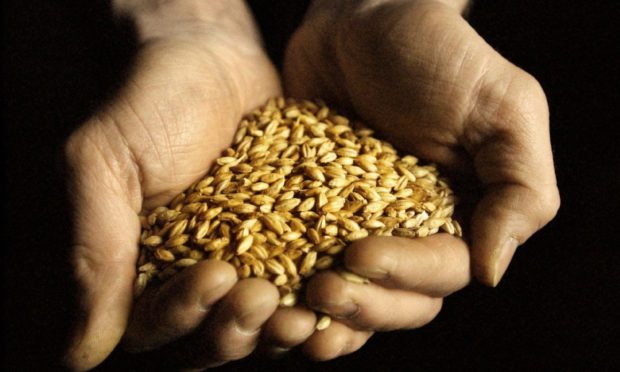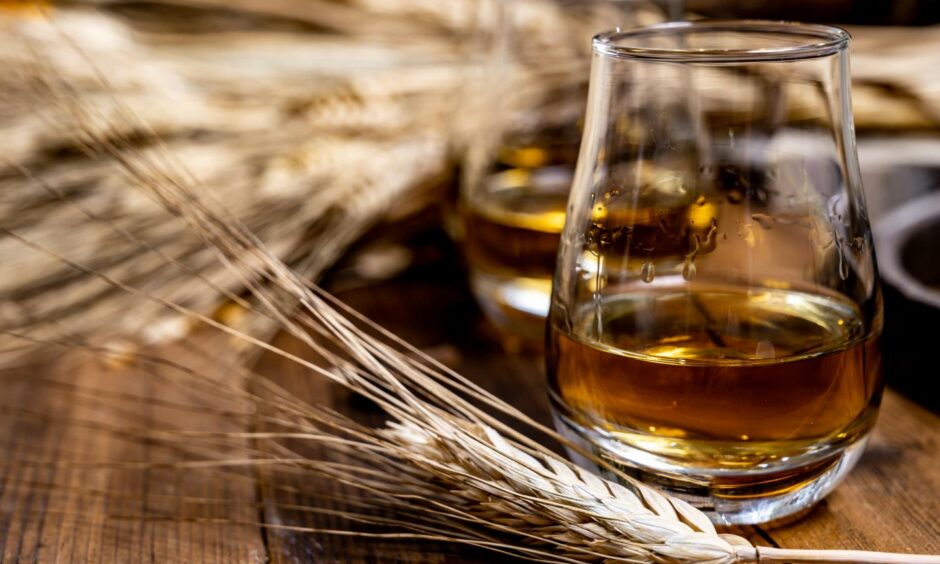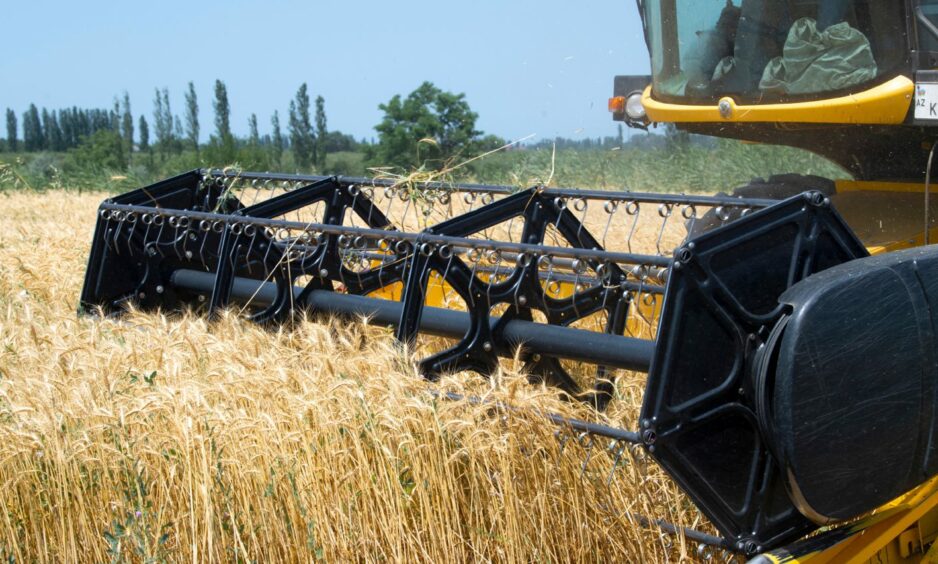The owner of the two Scottish maltings – one in Portgordon near Buckie and the other in Alloa – has blamed the Covid-19 pandemic for a 37% drop in pre-tax profits last year.
The latest accounts for Ragleth Limited – the holding company for Anglia Maltings, which owns Crisp Malt and food and ingredients businesses Edme and Micronized Food Products – show pre-tax profits of £5.735 million for the year to December 31, 2020. This is down from pre-tax profits of £9.134m the year before.
The accounts, filed with Companies House, also show a 17.5% drop in turnover in the year to £160m, from £194m previously.
Sales within the UK were down 26% to £88.7m, while sales to Europe and the rest of the world were also down to £45.1m and £26.3m respectively.
In his report accompanying the accounts, Ragleth director George Thompson said Crisp Malt worked well below capacity in 2020 due to the Covid-19 pandemic.
“Production tonnage was 357,000, down 14.9% compared with 2019, and sales tonnage was 360,000, down 13.9% compared with 2019,” said Mr Thompson.
“Sales mix shifted to lower margin business.”
He said large-scale international brewers prospered relatively well during the year, and some export markets benefitted, however craft and regional brewers suffered and the company’s sales to the whisky distilling sector declined due to distilleries temporarily closing.
“Overall the business environment was hostile; demand from craft brewers and distillers tailed off and food service sales collapsed,” said Mr Thompson.
He said the average cost of UK wheat ex-farm from September 2020 to the end of that year was £180.89 a tonne (t) – this compares to £132.23/t in 2019 and £170.52/t in 2018.
“Recovering the increased cost of grain is at the heart of negotiations in the autumn of each year, to supply in the following year,” added Mr Thompson.
“The 2020 campaign, conducted in autumn 2019, was particularly difficult as high stocks of both malt and barley throughout the system meant that clearing that stock by some competitors ignored the reality of replacement costs of grain sold at 2019 levels.
“Overall the group’s gross margin was 12.23%, compared to 12.99% in 2019.”
Mr Thompson said a small harvest in 2020, due to a combination of poor conditions at planting and a mini-drought in the spring, had resulted in grain prices rising substantially.
Commenting on the current financial year, Mr Thompson said: “Negotiating full recovery of the higher grain prices from harvest 2020 has not been possible.
“In 2021 we expect some erosion of margins, and steps are being taken to control costs to mitigate this effect of lower gross margins.”
The accounts show the company employed an average of 369 members of staff in the year and highest-paid un-named director took home a pay cheque of £454,000 – up from £359,000 the year before.


